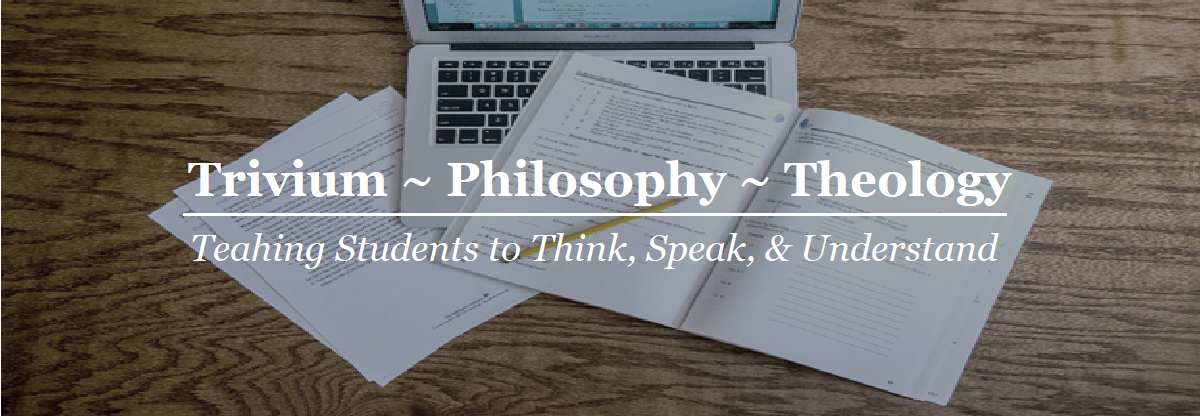
Trivium
The Trivium is best understood as an integrated whole - first words, then reasoning, then communication. Grammar is studied, formally, in our Latin program (both in Latin and in English). In TPT, you find Logic in the primer year, year 1, and the beginning of year 2. Rhetoric takes up the second half of year 2. Additional elements of logic are studied outside this sequence: in mathematics (e.g. proofs and formulas), in the experimental sciences (inductive reasoning), and throughout the great books. Rhetoric informs the composition program and fine works of oratory are found throughout our Great Books sequence. Grammar, logic, and rhetoric are the tools that precede and make possible all further studies, in natural, quantitative, and divine science.
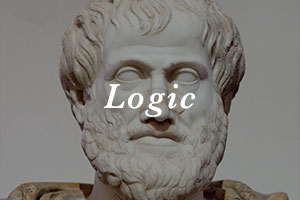
TPT Primer and TPT 1 teach the art of correct reasoning. The basic conceptual structures are St. Thomas's three acts of the mind and the categorical syllogism. We deal in terms, statements, and syllogisms.
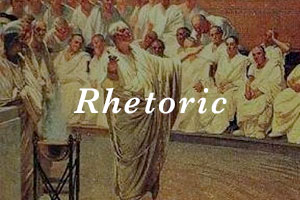
TPT 2: Advanced Logic & Rhetoric begins with material logic, a close consideration of meaning itself. Then turns to the art of communicating "well," adding beauty and emotional value to the truths of language.
From Quadrivium to Philosophy
The traditional Quadrivium was comprised of various mathematically focused courses and was studied after the Trivium. Once they were complete the students were ready for philosophy and then theology. Our approach is to increase the time spent on quantitative science and the two sides of natural science (philosophy and empirical science) as the students move into high school.
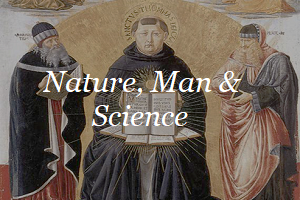
TPT 3: Nature, Man, & Science explores nature, man, and the division of the sciences just mentioned. A framework for understanding wisdom, man, the different methods common in philosophy, science, and theology and how they work together is laid out.
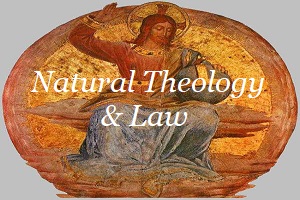
TPT 4: Natural Theology & Law looks , covers the first half of divine science; namely, metaphysics (the study of common being) and natural theology what can be known about God and all being through reason. In addition, the eternal law expressed in nature is considered.
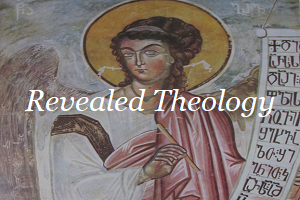
TPT 5: Revealed Theology crowns the ascent of the whole sequence. What began with sense experience and reason culminates in the revelation by God of the secrets of his own nature.
"The study of philosophy is not that we may know what men have thought, but what the truth of things is." ~ Thomas Aquinas
From Philosophy to Theology
The trajectory of the education is one of assent, beginning with what is nearest and easiest and climbing upward toward that which is most intelligible and wonderful, but most difficult, God. The sequence is meant to reflect both the way we come to know things, by working from what is sensed to the principles and causes of things, and the hierarchy of being itself.
Additional readings in philosophy and theology make up a significant part of the material in Great Books. Catechesis, the practice of religion, and sacramental preparation should take place in the homes and parishes of the students and are the focus of the Spiritual Formation courses. Formal intellectual training in these areas, as important as they are, are not intended to and cannot simply take the place of the lived experience of religion in the home.
